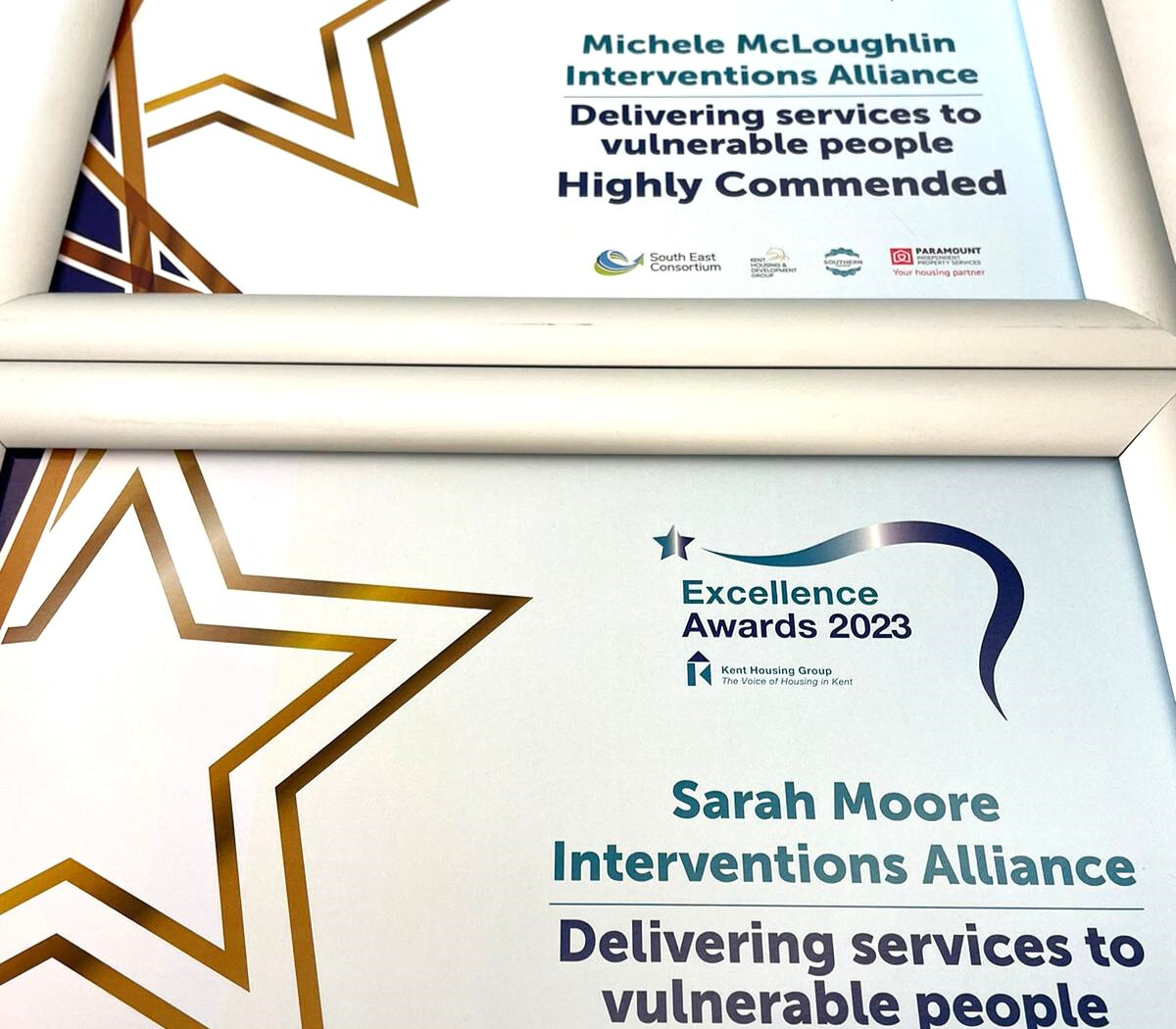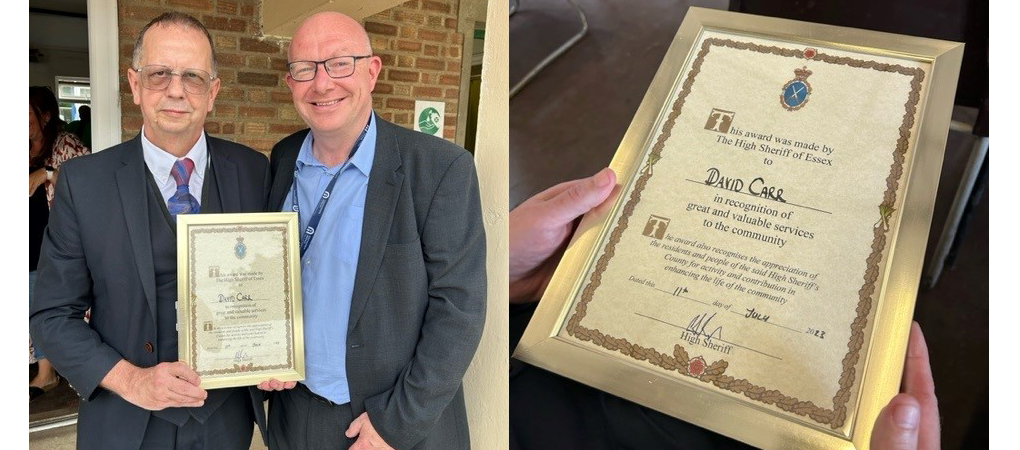Interventions Alliance’s Behavioural Change Practitioner presents Forensic Psychology dissertation at prestigious BPS conference
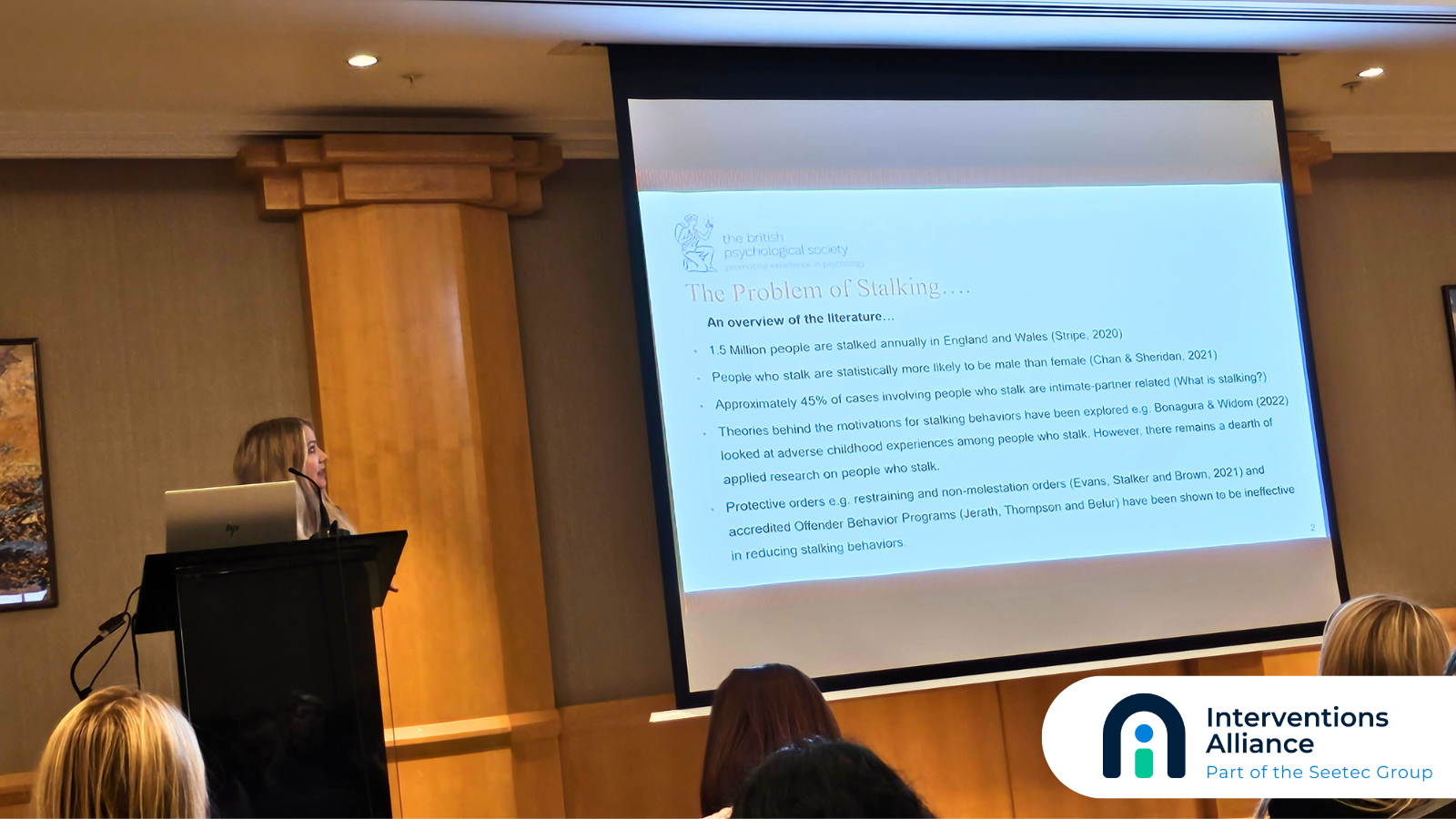

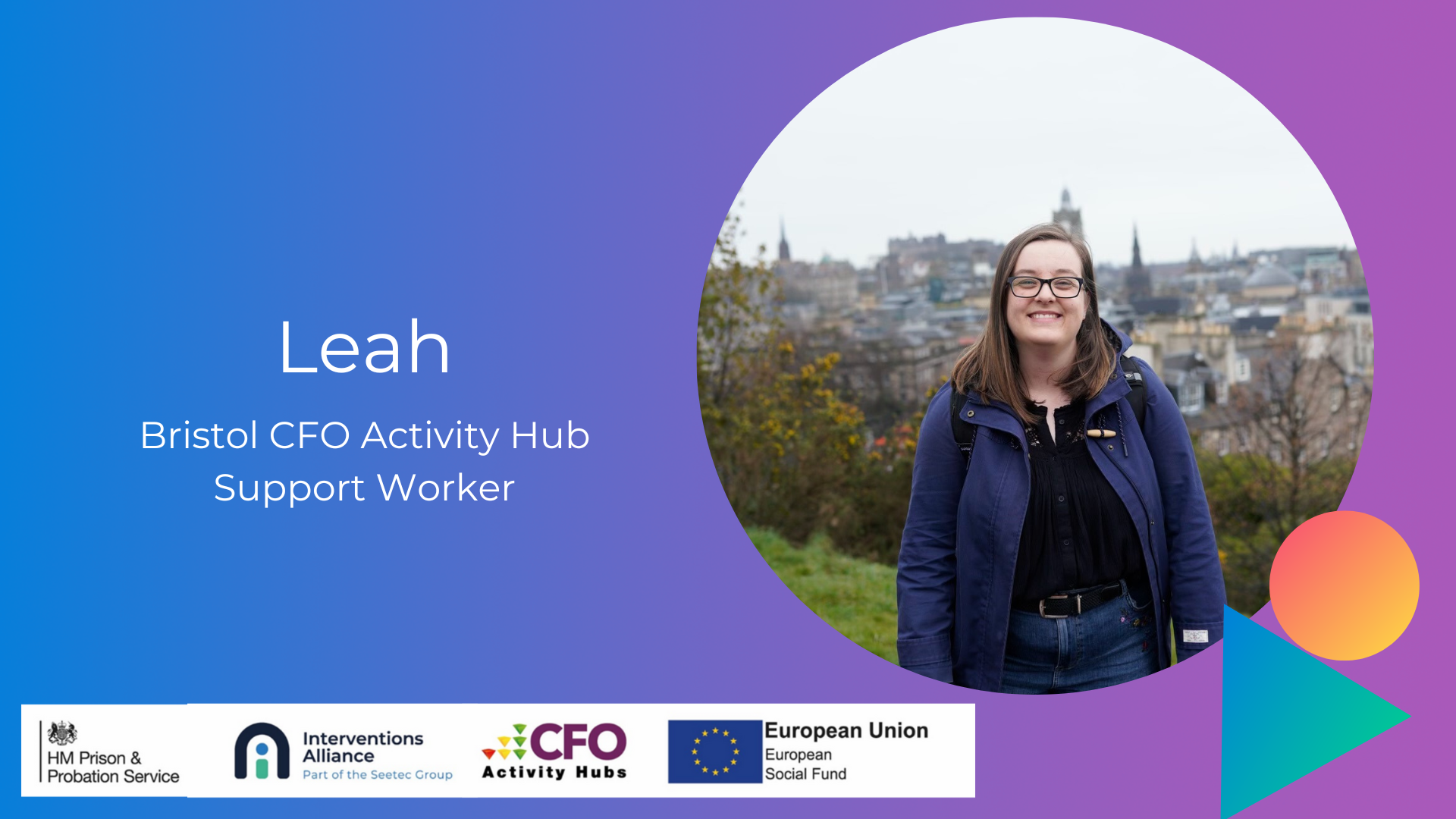
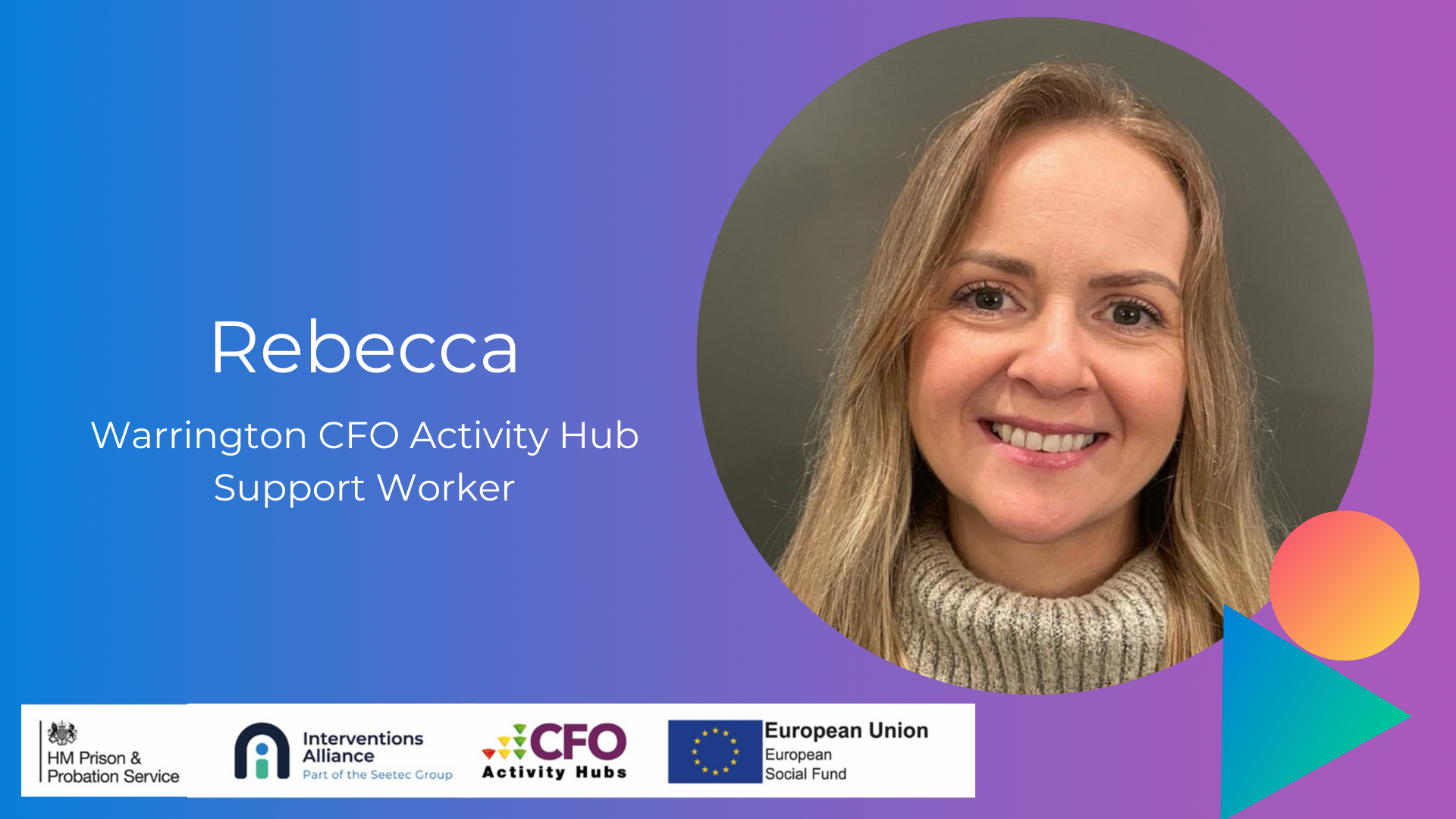


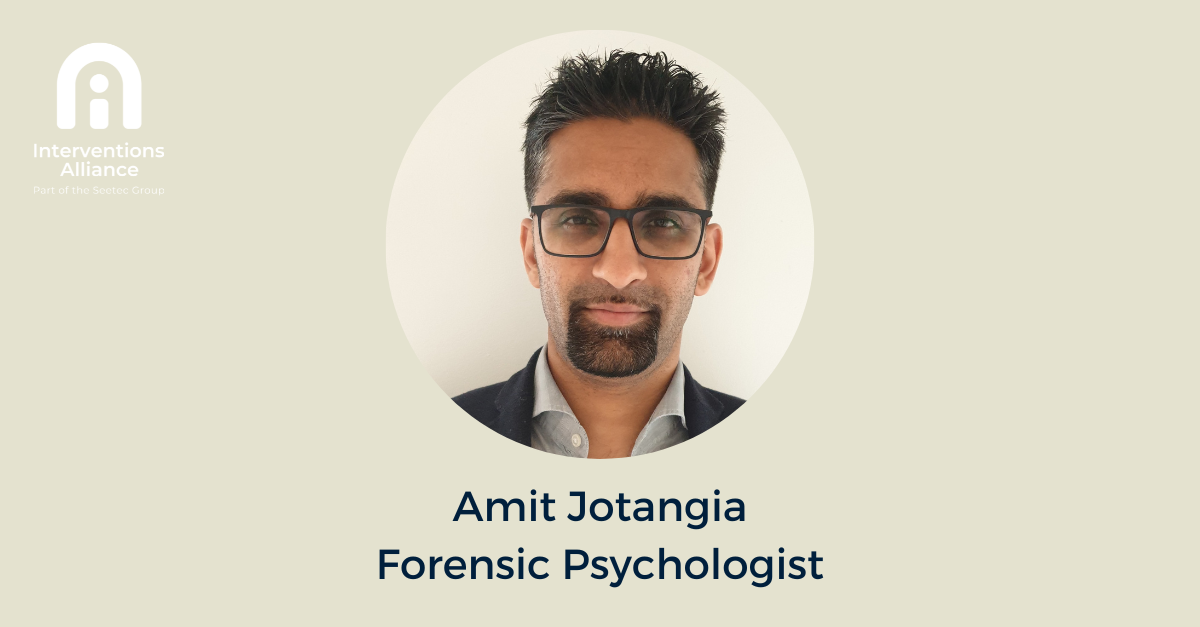

Amit Jotangia has recently joined Interventions Alliance in the newly created role of Forensic Psychologist, to look at the interventions that the business provides and offer his significant knowledge and experience to ensure all programmes are underpinned by key psychological principles, with a particular focus on the Compulsive, Obsessive Behaviour Intervention (COBI) programme.
Amit has extensive experience in the assessment and treatment of offenders and has dealt with extreme and difficult situations throughout his career, having worked with perpetrators of violent or sexual crimes as well as those diagnosed with psychological disorders. He spoke at length about his career so far and his aspirations for his new role:
How did you first decide that you wanted to work in Forensic Psychology?
“I chose to do a degree in Psychology at University, and it was in my third year that I chose to pursue Forensic Psychology specifically. I completed training and started off working in the witness service, then moved on to work in the prison service, which is where I first started working with high-risk offenders.”
Where did that initial passion come from?
“I did the degree in Psychology because I was totally fascinated with the mind, and the other sciences didn’t interest me as much at that time. I was partly driven by an interest in a programme called ‘Cracker’ but I later found out that we have very few offender profilers in the UK so my understanding of the role of Forensic Psychologists here evolved over time. When I needed to narrow down my field of interest further, I was drawn to Forensic Psychology because I wanted to better understand the mind of offenders and understand the functions of the extreme behaviours that they are capable of.”
What are the key experiences you’ve had so far in your career?
“I worked in the NHS Forensic Hospitals for a number of years, before transitioning to working with the National Probation Services on the Offender Personality Disorder pathway. That helped me build some important relationships and led to further opportunities, which included opportunities to work with offenders with emerging personality disorders in a prison. Alongside these central roles, I’ve always tried to keep things as interesting as possible by venturing out where I can, such as delivering lectures, offering consultancy to external organisations and attending important events such as conferences.”
What do you think has been the key to succeeding in a stressful and high-pressure profession?
“The overriding responsibility of the job is two-fold: on one hand you are trying to help someone desist from offending and on the other, you are trying to protect the community. It can sometimes be difficult to manage that responsibility constantly, and sometimes it is inevitable that you will take the work home with you. To be a good Forensic Psychologist, I think the key traits are the ability to stay calm in the most difficult of situations, and to be able to think outside of the box and not make a biased or impulsive judgement, which can be easy to do when you are faced with crisis situations.”
How do you manage the potential emotional or mental impact?
“Even though I have probably become de-sensitised to hearing about extreme behaviours over the years, I’m still a human being and occasionally the nature of certain crimes will trigger me emotionally. However, the flip side of this, and I know that my colleagues at IA would agree, is that the nature of my work has also led to positive changes in myself, because I need to practice what I preach. So, for example, Mindfulness is something that I not only teach, but actively practice myself and it has had a huge impact on my life.”
What was it that drew you to working with Interventions Alliance and what do you hope to achieve in your new role?
“I’m always drawn to new and innovative opportunities, and the work that Interventions Alliance is doing is an example of this. The new COBI intervention offers an opportunity to address a niche in a developing field, and this is exactly the kind of thing that motivates me. My role is fairly varied, but ultimately the purpose is to help IA improve the journey for the client, from referral to assessment to formulation to treatment to post-treatment. If we can achieve this, we can reduce risk behaviours and make our communities safer for everyone.”
